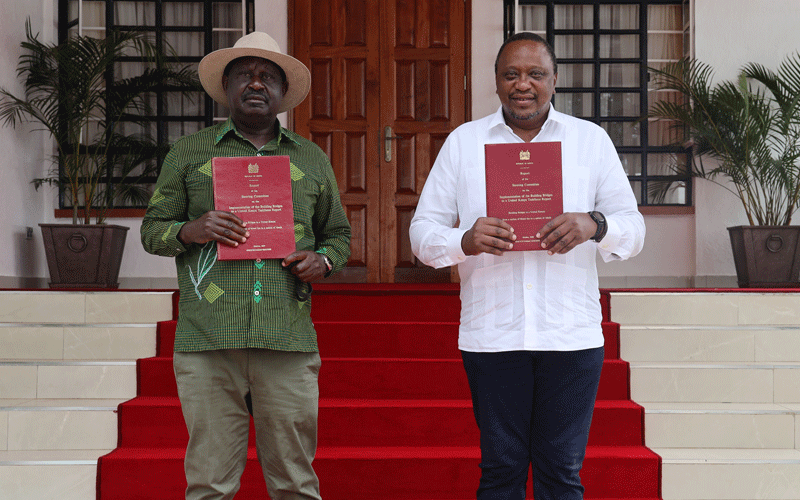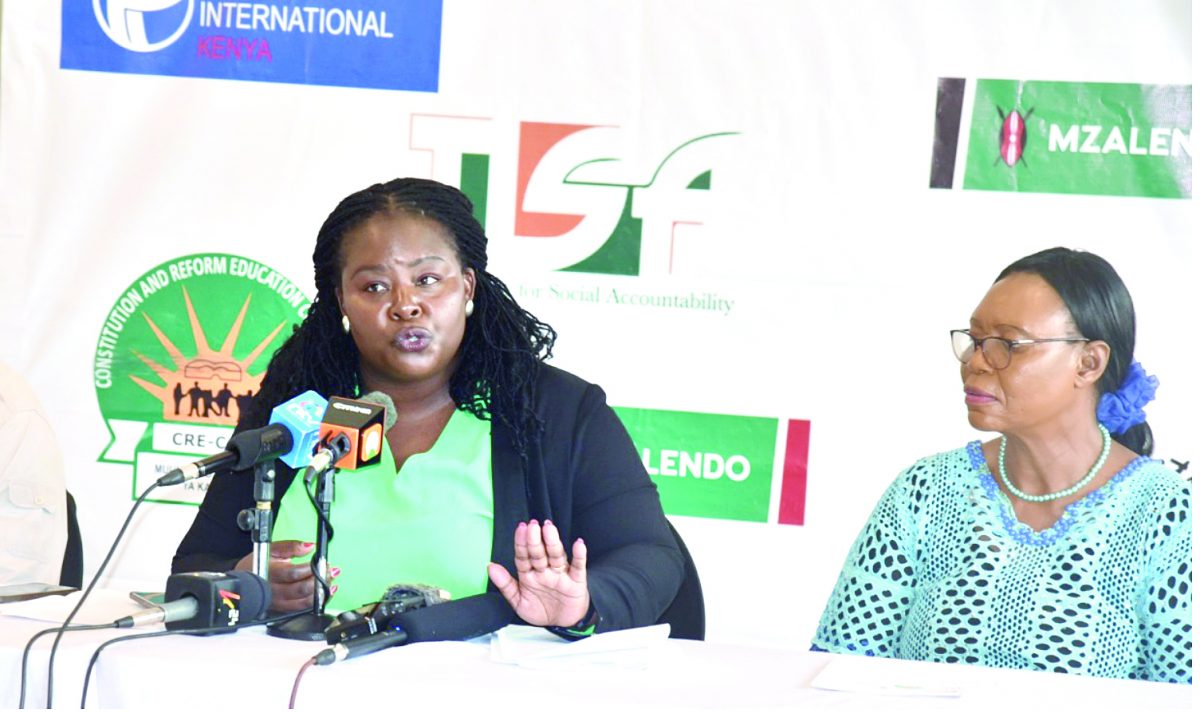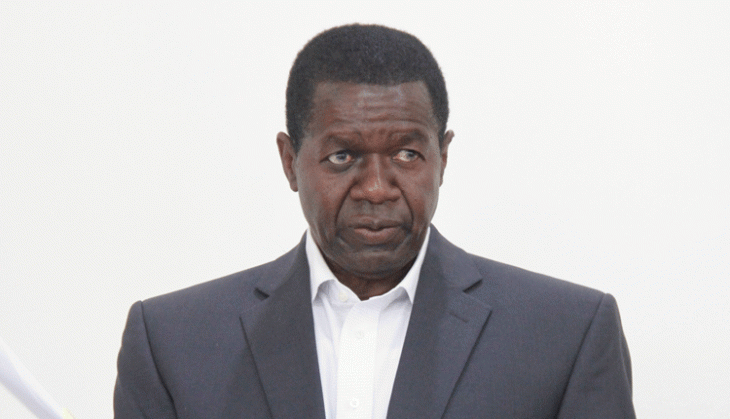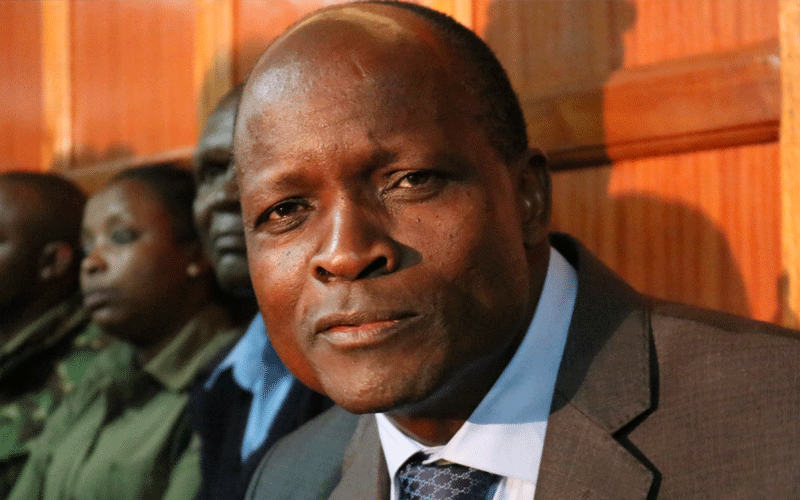BBI seeks to block public officials from trading with State

The era of public officers owning vast business empires while in employment could soon be history if the recommendations of the Building Bridges Initiative (BBI) sail through.
In radical proposals aimed at transforming the country’s political, social and economic landscape, the BBI task force has proposed amending Chapter Six of the Constitution to introduce a raft of changes to the anti-corruption laws under the Ethics and Integrity Laws (Amendments) Bill, 2020 targeted at corrupt public officers.
One of the proposals bars public officers from doing business with the government.
The team seeks to have graft cases expedited and State officers barred from making donations without declaring the source of the contributions.
Those who contravene the law risk a fine of Sh1 million, one year in jail or being declared unfit to hold public office.
Besides, government officials who make monetary contributions exceeding Sh50,000 shall remit it through electronic means for traceability.
In the past, senior government officials have been accused of using their positions to do businesses, particularly on contracts, with the government.
This has seen the Ethics and Anti-Corruption Commission (EACC) and Assets Recovery Agency moving to court to seek orders to undertake lifestyle audit of the officers as well as seek freezing orders from the courts.
But under the proposed laws, public officers would be barred from participating in tendering for supply of services and goods to a government body either in person or using a spouse, a child, a business associate or a company that he or she holds shares in.
Financial declaration
Those who contravene the law risk a Sh1 million fine, one year in jail or being declared unfit to hold public office.
And within 30 days of being appointed or elected and sworn-into office, the officer would be required to submit to the new Anti-Corruption and Economic Crimes Commission (ACECC) personal, wealth, interests, and financial declaration. ACECC has been proposed to replace EACC.
The officers would thereafter be required to submit the same information every November annually.
The information, shall be accessible to the public provided that those who seek it meet laid down criteria.
“Where the commission has reasonable grounds to believe that a state officer has submitted a declaration containing information on unexplained income or assets, the commission shall notify the ACECC which shall commence investigation proceedings in accordance with the provisions of the Anti-Corruption and Economic Crimes Act, 2003,” it reads.
Spares individuals
And woe unto a person who submits a false or misleading declaration, he or she is liable, on conviction, to a fine not exceeding Sh1 million or to imprisonment for a term not exceeding one year or to both.
The law may not also spare individuals who fail to report incidents of corruption known to him .
“A person who, despite being aware of or suspicious of the commission of an offence under this Act, fails to report the act to the Commission commits an offence and shall be liable on conviction to a fine not exceeding Sh5 million or to imprisonment for a term not exceeding five years, or to both,” the Bill reads.
And in a bid to spare individuals facing graft charges the agony of spending years in the corridors of the Judiciary, BBI proposes the enactment of laws to expedite the hearing of the cases within a period of two years.
“The Bill proposes to amend Chapter Six of the Constitution on Leadership and Integrity to strengthen the fight against corruption by providing a mechanism for more expeditious to conduct of investigation, prosecution and trial of corruption related matters,” the report.














